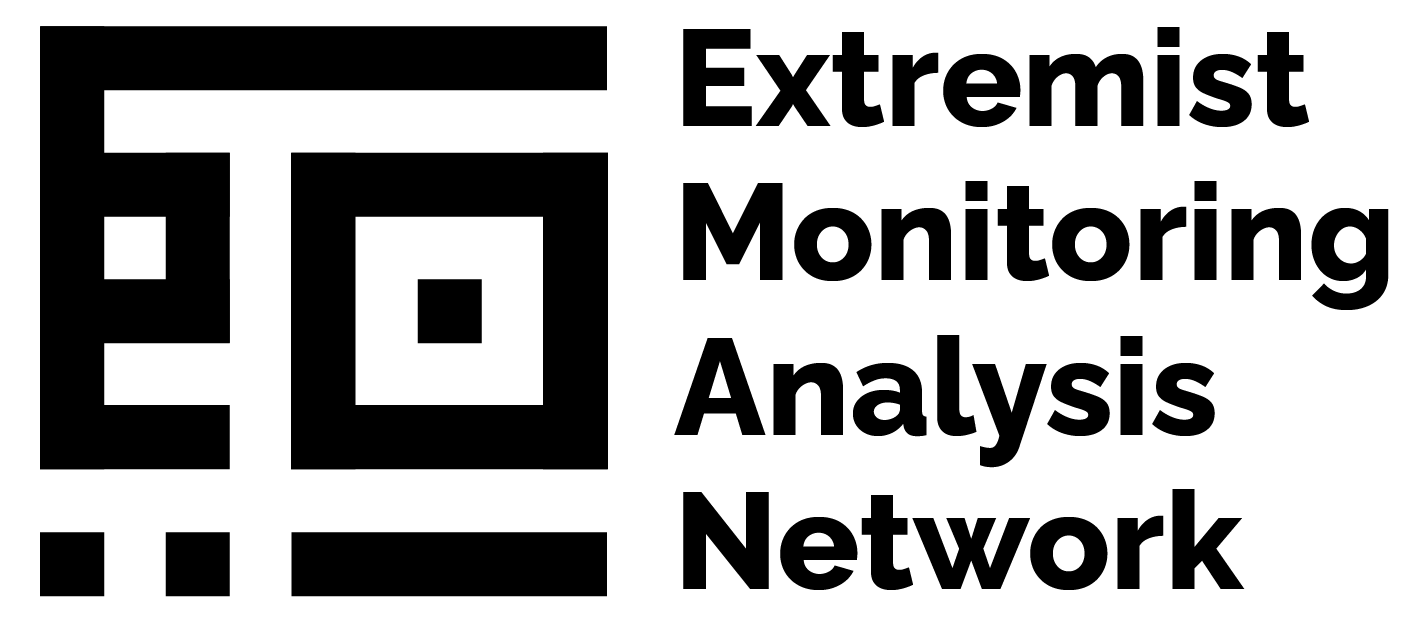Génération Identitaire (GI)
Founded: September 2012
Founder: Damien Rieu/Julien Langella
Key Members: Clément Gandelin/Fabrice Robert/Martin Sellner/Romain Espino
Headquarter: Lyon, France (with multiple branches across Europe)
Type: Far-right nationalist movement
Organisational Ideology: White supremacism/Ethnopluralism/Anti-Muslim/Anti-Immigrant/French nationalism
Online Resources
Overview
Génération Identitaire (GI) is a French far-right identity political movement that was founded in September 2012 and is mostly active in France. The movement’s ideology is ultra-nationalist white supremacism with a main focus on anti-Muslim rhetoric, despite identifying itself as such. GI is an outgrowth of Radical Unity, which was disbanded in August 2002 when one of its militants attempted to assassinate former president Jacques Chirac. Following its dissolution, the movement reformed as the Youth Identity, and began an ideological transformation by abandoning the declared nostalgia for fascist regimes, radical anti-Zionism, and the apologies for violence in order to refocus on the rejection of immigration and Islam while praising European ethnic and cultural pride and heritage. GI aspires to halt what it sees as Europe's Islamisation, to halt globalization, and to reverse the “Great Replacement” - a French white supremacist conspiracy theory that argues that native White French and European peoples at large are being deliberately replaced with non-white populations from Africa and the Middle East, the end result being the extinction of the white race.
According to its UK-website, the organisation seeks to fulfill five main objectives - protect European ethno-cultural identity, defend free speech and opinion against far-left attacks, repatriate illegal immigrants to their countries of origin, promote regional development in African countries to reduce emigration to Europe, and secure national borders. GI clearly states that it does not “promote any type of national-socialist or fascist organisations or ideologies.” However, GI's German version, Identitäre Bewegung, is said to have marched with neo-Nazi skinheads, and the German neo-Nazi political organisation NPD has praised GI’s models.
As stated on their website, the organisation is made up of six regional branches spread across Europe, as well as smaller subgroups inside those European countries. As of 2016, GI’s initial French branch reportedly had 2,000 members. As of February 2021, GI was said to have around 800 adherents in France. The drop in membership is likely due to the French government’s targeting of the group. In March 2021, French Interior Minister Gérald Darmanin stated that the group had incited “discrimination, hatred, and violence,” and as a result, the French parliament approved a bill to close down GI eight years after the group rose to prominence in the country by occupying a mosque in the northern city of Poitiers.
Ties to Extremism
Three GI Members were convicted in December 2020 of incitement to terrorism, incitement to religious hate, and assault. This came following a leaked record of GI members expressing their desire to harm Arabs and then attacking a 13-year-old Muslim girl. Shortly after, French police began investigating GI for racial incitement.
GI has launched a number of public protests, commencing in October 2012 when it occupied the site of a proposed mosque in Poitiers, France. In December 2017, some of the culprits were sentenced to a year in jail on charges of incitement to prejudice and property destruction relating to this event. Additionally, the French Police detained 14 GI members in March 2016 after they set tires on fire during a protest near immigrant camps in Calais, France. The GI protestors claimed to be defending Europe against an “immigration invasion.” In October 2017, the GI's British branch unfurled a massive banner above London’s Westminster Bridge that said “Defend London: Stop Islamisation.”
GI has engaged in military-style combat training as part of its preparations for future clashes with their “enemies”. Some of GI's protesters have also directly threatened others. For example, in October 2016, GI members in Montpellier, France, erected an imaginary wall and draped a banner proclaiming “Refugee-free Montpellier.” GI”s Facebook page stated that the group will not allow immigrants to “wander through Montpellier in peace.” Two years later, Facebook ultimately took action in June 2018 to permanently ban GI from its platforms, alleging violations of Facebook’s extremism and hate speech policy.




